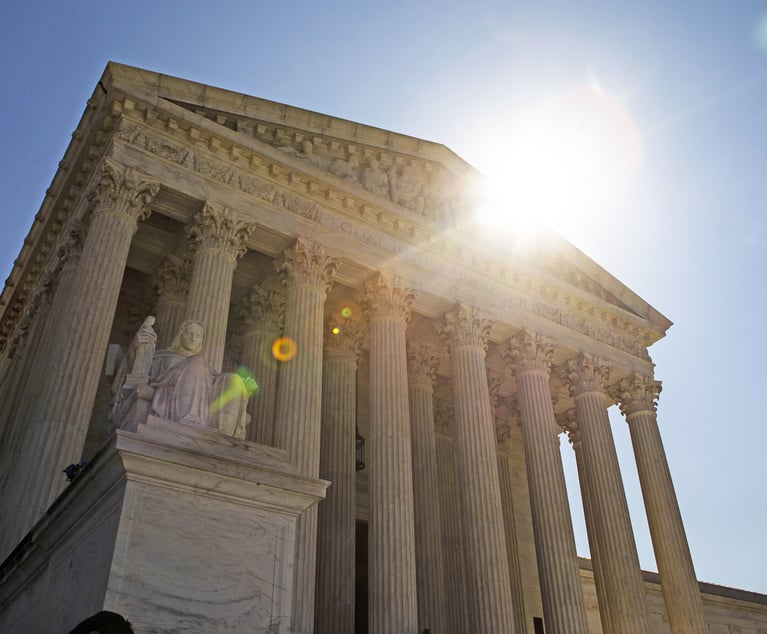The U.S. Court of Appeals for the Second Circuit’s opinion in In re MPM Silicones LLC, 874 F.3d 787 (2d Cir. 2017) (Momentive), has largely been analyzed with respect to its implications on the enforceability of make-whole provisions. Momentive, however, also had important consequences regarding the Bankruptcy Code’s “cramdown” provision, which is a significant tool for debtors seeking to effectuate a plan of reorganization in the face of non-consenting creditors.
Although Momentive provided some clarity with respect to the broad strokes of the process to be used by bankruptcy courts in the determination of cramdown interest rates in Chapter 11, the Second Circuit left unaddressed important nuances in its two-step approach. Namely, the questions of what constitutes an “efficient market,” and whether such a market exists for cramdown debt, remain unanswered, and their resolution poses significant implications for both debtors and creditors alike.


 James H.M. Sprayregen and Madeleine C. Parish
James H.M. Sprayregen and Madeleine C. Parish




